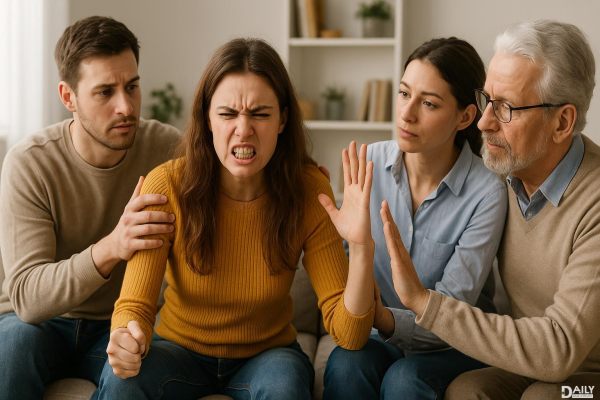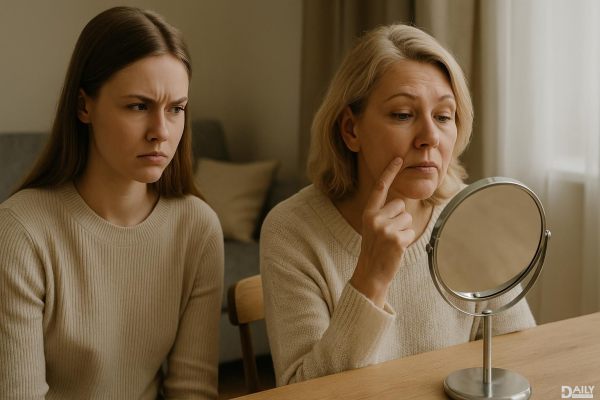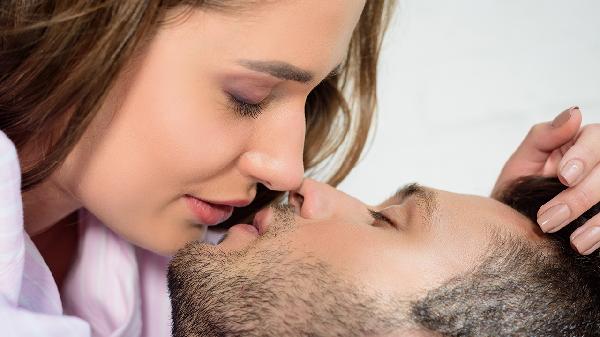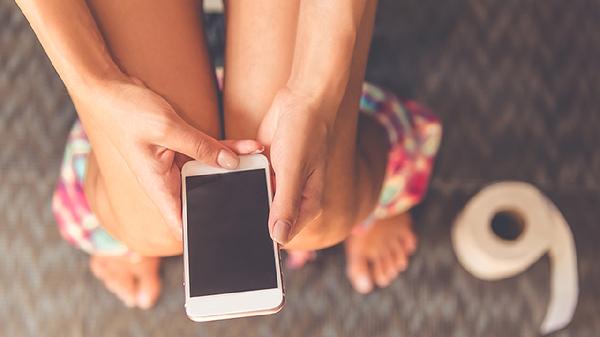The way you love your child might actually be a mirror reflecting your own childhood wounds—whether you realize it or not. Parenting often pulls from deep emotional wells, and sometimes, those waters are murkier than we’d like to admit. If you find yourself overcompensating, being overly strict, or struggling to connect in certain ways, there’s a good chance your own upbringing is whispering (or shouting) in the background.

The Ghosts of Parenting Past
Ever notice yourself reacting in ways that feel almost automatic? Maybe you’re hyper-vigilant about your child’s safety because you grew up feeling unprotected. Or perhaps you struggle to set boundaries because yours were constantly crossed as a kid. These patterns aren’t random—they’re echoes of your own childhood experiences. The tricky part? They often operate on autopilot, making it hard to recognize until you pause and ask: Wait, why do I keep doing this?
Overcompensating: The Love That’s Too Heavy
Some parents swing hard in the opposite direction of their own upbringing. If you felt emotionally neglected, you might smother your kid with affection—sometimes to the point of stifling their independence. On the flip side, if you grew up with overly controlling parents, you might bend over backward to avoid being "the bad guy," even when your child needs structure. It’s like trying to rewrite your past through your kid, but that kind of pressure isn’t fair to either of you.
The Discipline Dilemma
Struggling with discipline? That’s another common battleground. If you were raised with harsh punishments, you might avoid consequences altogether, fearing you’ll traumatize your child the way you were. Or, if your parents were permissive to the point of chaos, you might overcorrect with rigid rules. Neither extreme is really about your kid—it’s about your unresolved stuff.
Breaking the Cycle
Awareness is the first step. When you catch yourself reacting in a way that feels disproportionate, ask: Is this about them, or about me? Therapy, parenting books, or even honest conversations with trusted friends can help unpack these patterns. Healing your own wounds isn’t just good for you—it’s one of the greatest gifts you can give your child. Because when you parent from a place of wholeness, not hurt, you’re free to love them for who they are—not who you needed your own parents to be.
























